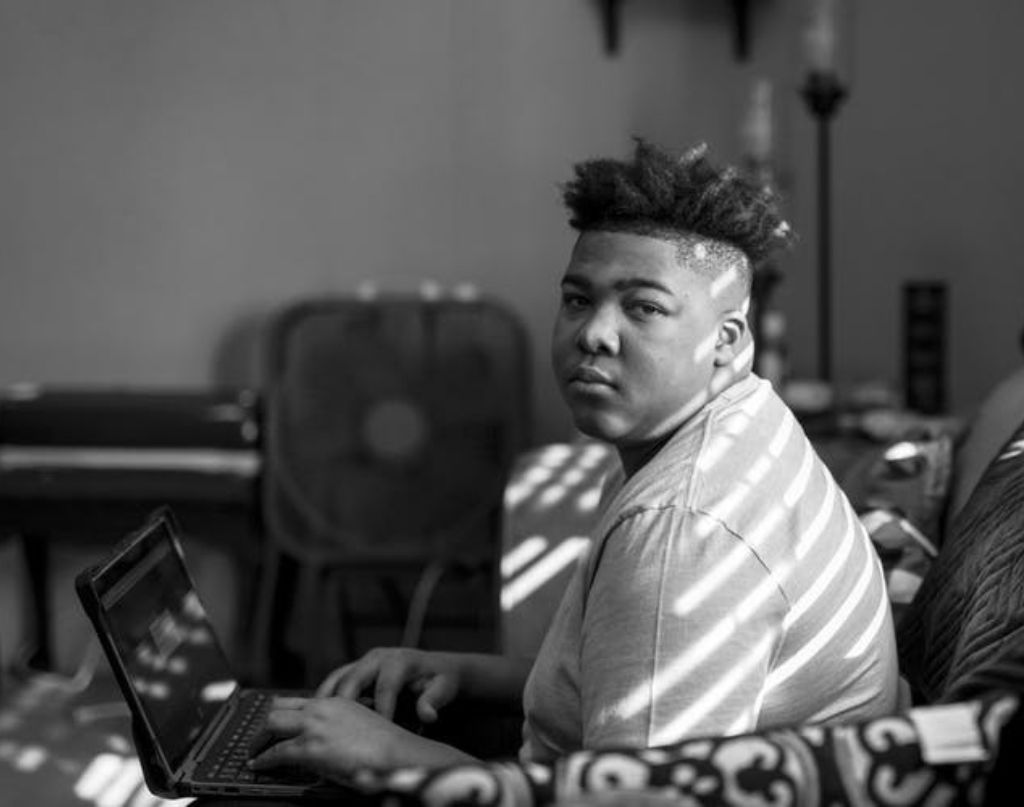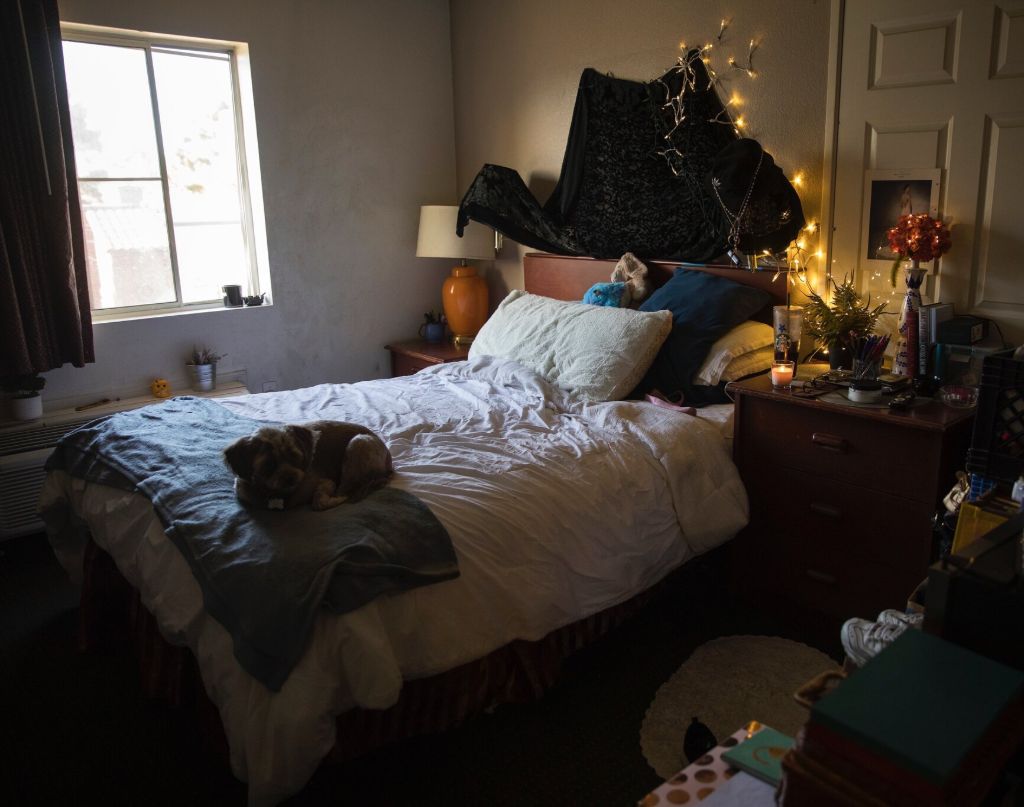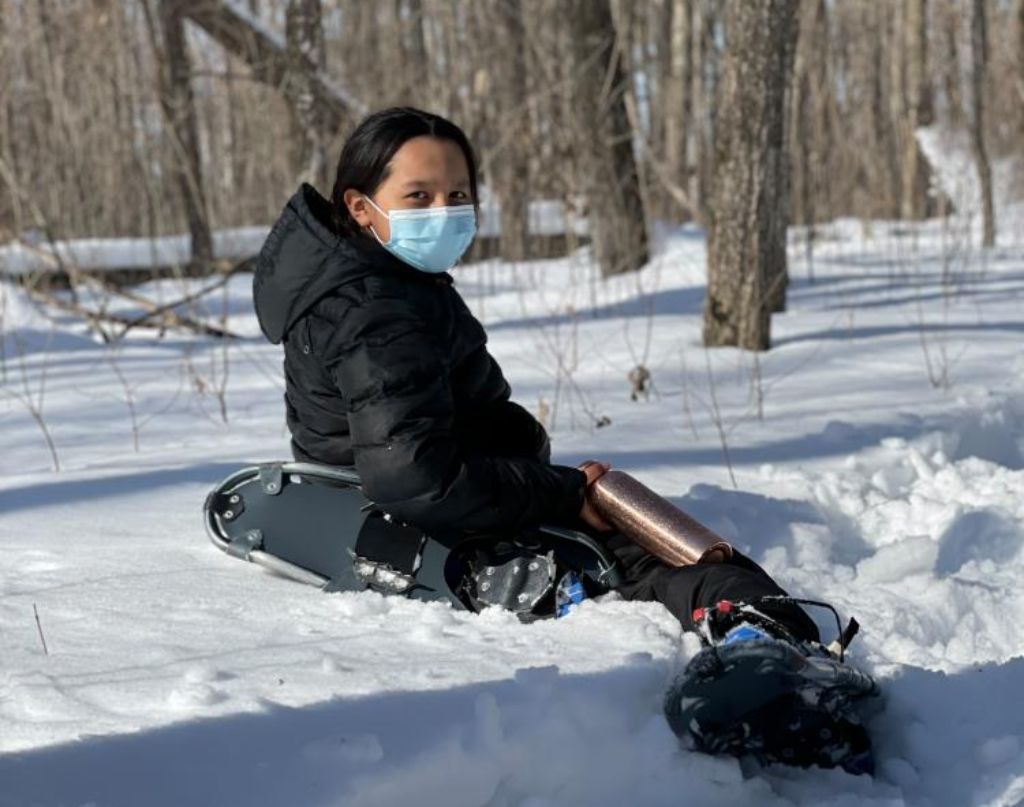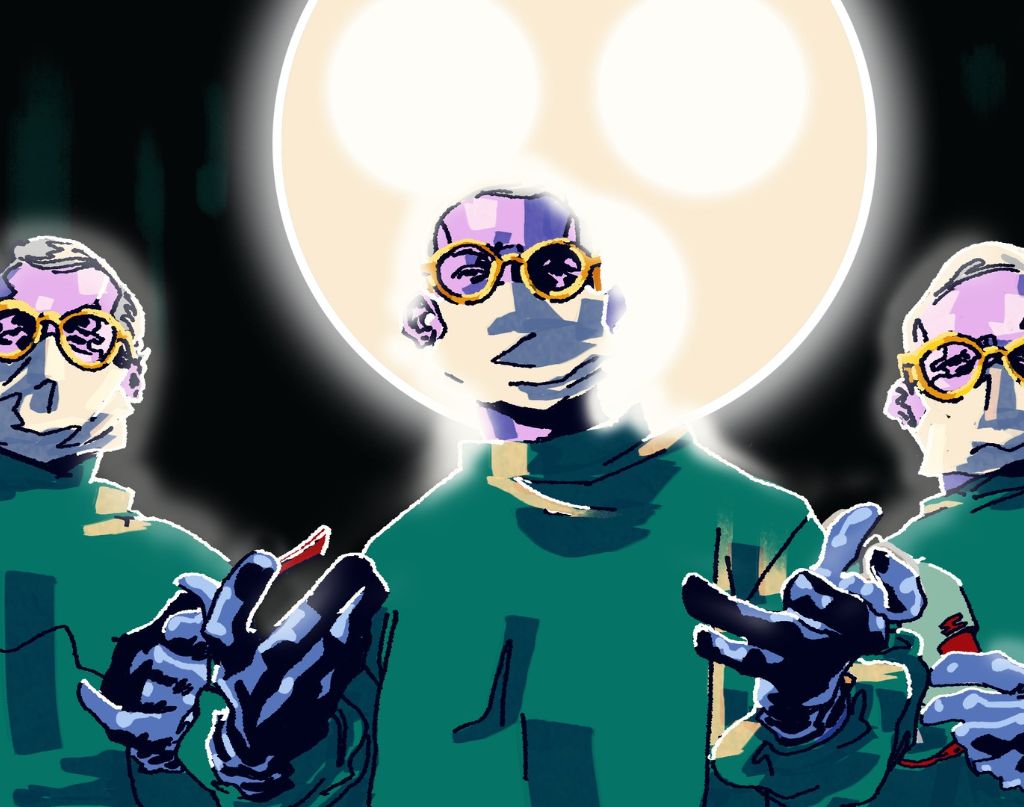In-Depth Reporting from our Reimagined Fellowship
Wallace House created the Knight-Wallace Reporting Fellowship in 2020 to address the remote needs of Covid-19. We challenged journalists to report on significant issues in a moment of great difficulty and change. Our expectations were high, and the first class of Reporting Fellows exceeded them. Teaming with organizations across the U.S., the Reporting Fellows’ work ranged from long-form pieces to creating a new beat for a news organization to developing innovative forms of storytelling. Here is some of the work produced and published by our 2021 Knight-Wallace Reporting Fellows.
Lisa Armstrong, “Lost Opportunity, Lost Lives,” The Marshall Project in partnership with Mother Jones, June 29, 2021
A feature story on Covid-19 and the failure of prisons to prevent sickness and death among older inmate populations. Despite state Governors’ approval of early release for nonviolent offenders to reduce crowds in correctional facilities, Lisa Armstrong found older people – those most vulnerable to Covid-19 and least likely to reoffend – remained incarcerated.
Sindya Bhanoo, “You See So Much in Our Field You Wouldn’t Believe,” Texas Monthy, December 22, 2020
“How the Digital Divide is Failing Texas Students,” Texas Monthly, April 8, 2021
“Report Card,” for Mission Local, January – July 2021
When schools across the nation turned to distance-learning methods, Sindya Bhanoo reported on the large swaths of students left behind. She published a series for Texas Monthly on students without broadband access and bus drivers-turned-relief-workers delivering meals to the hungry in their communities. Her six-month multimedia project for Mission Local layered audio storytelling and illustration to examine the challenges faced by children during the public health crisis.
J. Lester Feder, “They Just Launched a War,” Politico Magazine, May 9, 2021
In the aftermath of the racial justice protests against police brutality, injured protesters filed lawsuits in cities across the country. J. Lester Feder reports on the case against the City of Columbus, the violent video evidence, and the ruling condemning biased policing.
Mya Frazier, “When No Landlord Will Rent to You, Where Do You Go?” The New York Times Magazine, May 2021
Mya Frazer’s deeply reported story sheds light on credit bureaus and the permanent credit underclass in the U.S. Stained by low credit scores and rejected by rental companies, thousands of Americans resort to extended-stay motels as a last – and very expensive – refuge.
Mario Koran, “Milwaukee Was Already Failing Students of Color. Covid Made it Worse,” The Guardian US, January 27, 2021
“Race Against the Clock: The School Fighting to Save the Ojibwe Language Before its Elders Pass Away,” The Guardian US, April 7, 2021
Partnering with The Guardian US, Mario Koran published a series of stories on barriers to learning in Wisconsin’s marginalized schools upended by the pandemic. From a struggling public school in Milwaukee to the state’s only Objiwe immersion school, Koran reported on the long-reaching consequences of in-person school closings and what it means for those communities.
Chris Outcalt, “He Thought What He Was Doing Was Good for People,” The Atlantic, August 13, 2021
For decades, the debate on healthcare in the U.S. has focused on affordability and accessibility with little talk about the millions of unnecessary surgeries performed annually. Chris Outcalt reveals the story behind a cardiologist who carried out thousands of avoidable heart surgeries, a whistle-blower, and why doctors get away with unnecessary procedures.
Nicholas St. Fleur, “Health Experts Want to Prioritize People of Color for a Covid-19 Vaccine“, STAT, November 19, 2020
“‘Just Utter Chaos’: A Twitter Thread Offers a Window Into the Frustrating Search for Covid-19 Shots,” STAT, January 28, 2021
“An Unusual 30th Birthday Gift: Why I Got a Colonoscopy So Young — And Documented Every Step,” STAT, June 22, 2021
Nicholas St. Fleur partnered with STAT News to create a new beat on the intersection of race, medicine, and the life sciences. He published a series of stories on the vaccine rollout and how Covid-19 disproportionately affects minority communities. St. Fleur’s fellowship partnership led to a permanent staff position at STAT News, where he is now is a general assignment reporter and associate editorial director of events.







